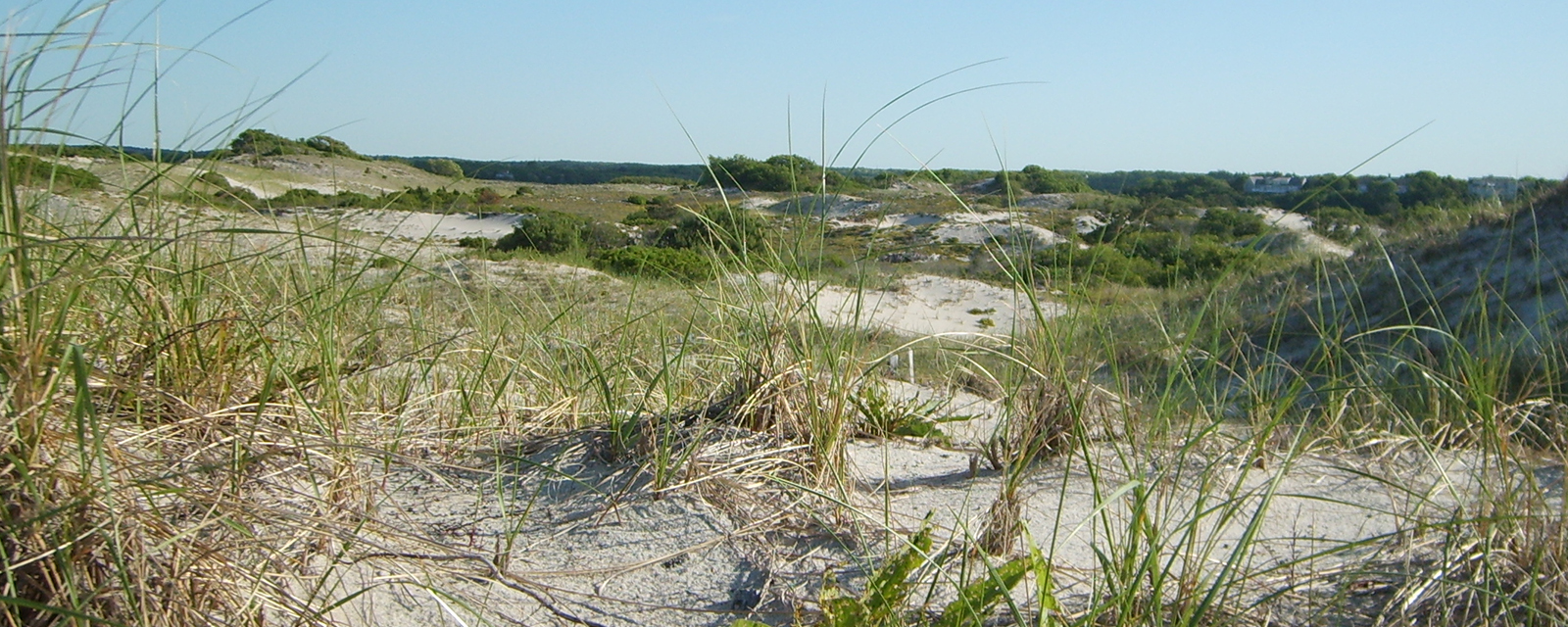Building resilience is critical
Most of the states in the Northeast (11 out of 12) have developed adaptation plans in various sectors, and 10 have either released or are working on statewide adaptation plans. Cities and municipalities in the region also lead the way in climate resilience planning, utilizing mechanisms such as land use planning, infrastructure protection requirements, building regulations, and emergency preparation, response, and recovery to encourage resilience-building in the region.
Federal resources
Regional groups such as the New England Federal Partners and the Federal Climate Partners for the Mid-Atlantic serve as a nexus for all federal agencies to work together to foster strong regional communication and collaboration around potential solutions. The groups address principles of conservation, restoration, adaptation, and mitigation across many sectors, including food and water security, infrastructure, and public health and safety.
The groups also support a network of federal agency leaders in the region that partner and convene around critical issues such as drought impacts and assistance, extreme weather events, urban and rural impacts, and state-by-state roundtables. Through these long-standing partnerships, they foster coordination and cooperation at regional to local scales to bring the best in federal services to the Northeast region.
Northeast climate centers
Several federal agencies have established regional climate centers to serve as hubs for information about projected climate impacts on specific sectors, such as agriculture, forestry, long-term climate predictions, phrenology, and ecosystems. Visit the websites below to find more information on how you can build resilience in your area.
- USDA Climate Hub | Delivers science-based knowledge and practical information to farmers, ranchers, and forest landowners in Maine, New Hampshire, Vermont, Massachusetts, Rhode Island, Connecticut, New York, New Jersey, Pennsylvania, Maryland, Delaware, West Virginia, and D.C.
- DOI Northeast Climate Science Center | Provides scientific information, tools, and techniques that managers and other parties interested in land, water, wildlife, and cultural resources can use to anticipate, monitor, and adapt to climate change in the Northeast region.
- NOAA Regional Climate Services | Increases the value of climate information to users and supports more efficient, cost-effective delivery of products and services by integrating the work within NOAA and among its partners engaged in developing and delivering climate services at the regional level, including the Regional Integrated Sciences and Assessment (RISA) programs, Regional Climate Centers, state climatologists, and the National Integrated Drought Information System, as well as other agencies, institutions, and organizations.
- NOAA Northeast Regional Climate Center | Provides, in an easy-to-use format, recent and historical weather data customized to meet the needs of people in the Northeast U.S.
- NOAA Regional Integrated Sciences and Assessments (RISA) in Northeast | Serves stakeholder needs in assessing and managing risks from climate variability and change.
- State climatologists | Provide improved climate services for the nation through greater integration of data quality control, improved communication among the sector, and more coordinated referral of customer inquiries.
To learn more about building resilience, visit Topics. The following topics may be particularly helpful:




